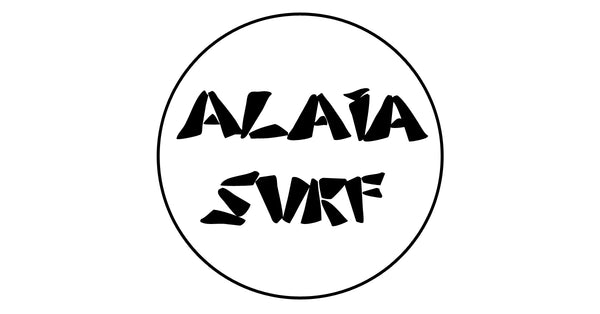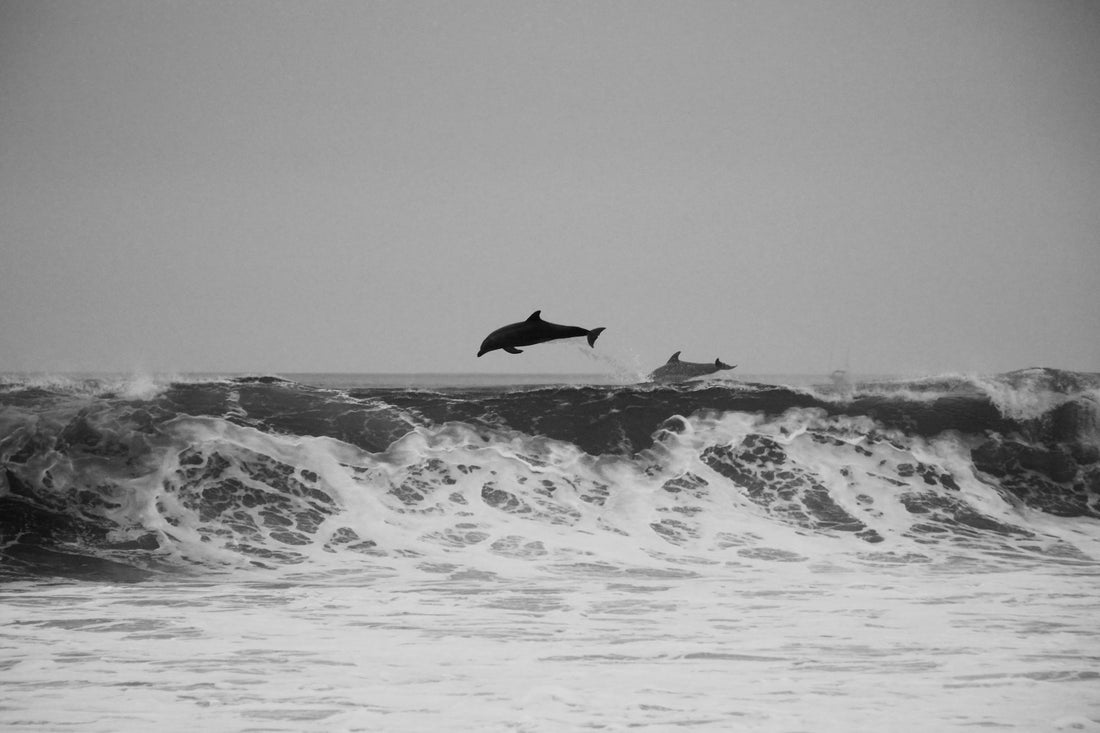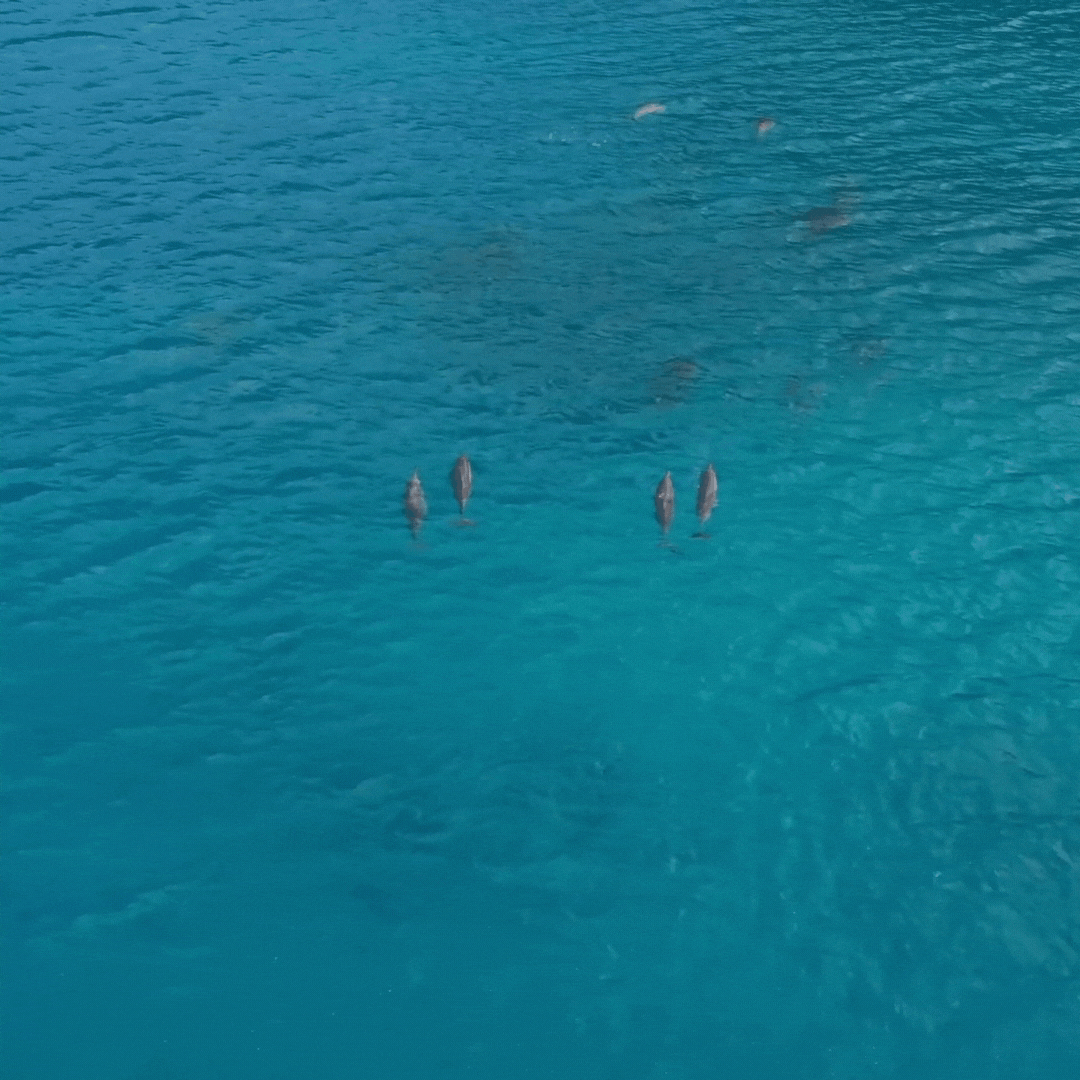Have you heard about the dolphin massacres in the Danish Faroe Islands and Japan’s Taiji Cove? And about the annual slaughter of dolphins in our beloved Bay of Biscay? If you haven’t yet, here are some details. Every year, from January through March, an average of 6,000 to 10,000 dolphins are killed in the Cantabrian Sea. This is more than the mass killing of the Faroe Islands and Taiji Cove combined. What? Yes. How? The industrial fishing practices and the passiveness of the French and Spanish governments.
The non-selective fishing methods used to target sea bass in the Cantabrian Sea indiscriminately capture everything in their path, including dolphins that typically live alongside sea bass. According to the Pelagis Observatory (La Rochelle, France), the number of killed dolphins due to the current fishing methods could be as high as 10,000 each year.
The Pelagis Observatory has published alarming reports about the declining dolphin populations. With the current levels of bycatch caused by fishing vessels, dolphin populations may be wiped out on the Atlantic Coast of France and Spain. And while knowing the consequences of these practices, reducing dolphin mortality is still not a priority for the French and Spanish governments.
Both countries lack innovative ideas to monitor the impact of fishing on the marine environment and ensure sustainable fishing practices. Current measurements are not enough. Reporting bycatch or accidental captures is mandatory but occurs without transparency. And the required use of acoustic deterrent devices (pingers) consists of scaring away the dolphins from their feeding areas and natural habitat. Some countries like Australia made CCTV cameras compulsory onboard all fishing vessels to monitor destructive fishing methods. But we appear not interested in taking those steps with our heavily subsidised fishing industry.
Dolphins, like other cetaceans, are strictly protected in EU waters. France, Spain, and all EU member states must minimise and, where possible, eliminate their incidental catch of non-targeted species by their fisheries. However, France and Spain keep failing with their inadequate measurements. Both countries and the EU signed the Leadership Pledge for Nature which includes eliminating unsustainable fisheries. But still, thousands of dolphins are dying every winter in fishing nets. It’s time for France and Spain to stop acting disinterested and commit to introducing innovative measures to prevent bycatch of protected species and transition to a sustainable fishing sector.
The Bay of Biscay is rich in biodiversity but is not far from overexploited. The current fishing methods are not only killing dolphins but also damaging the whole marine ecosystem. We must eliminate harmful fishing practices and promote sustainable use of the ocean’s resources. We want fisheries to be transparent and respectful of the ocean to protect our life support systems.


